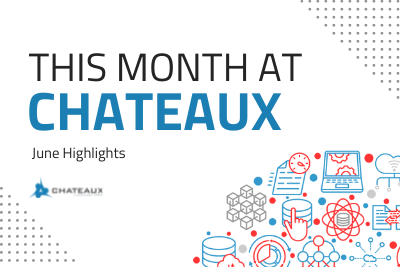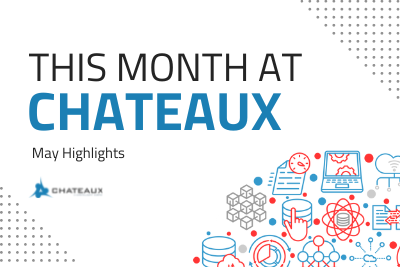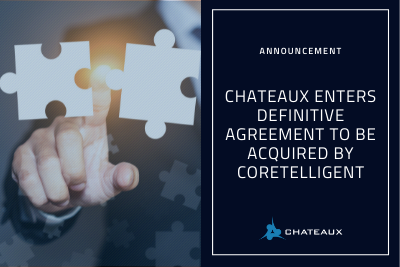Electronic data exchange (EDI) allows two different companies, even within two different countries, to electronically exchange documents with each other. Examples of such documents include purchase orders, invoices, shipping notices, and many others. According to the National Institute of Standards and Technology (NIST), EDI is defined as “the computer-to-computer interchange of strictly formatted messages that represent documents other than monetary instruments.”
EDI has been around for more than 30 years, and there are many EDI standards (X12, EDIFACT, TRADACOMS, etc.) – some of which address the needs of specific industries or regions. For companies that leverage an EDI standard, it is a consistent way of on-boarding partners and customers while establishing a “business as usual” relationship. But if the use of EDI is not properly maintained, businesses can be disrupted. This was the case at Central National-Gottesman Inc. (CNG).
Founded in 1886, CNG is one of the largest privately held pulp, paper, packaging and tissue companies in the world, with revenue exceeding $4 billion in 2013. CNG is dedicated to growing its business both organically and through acquisitions. It is this business strategy that extended CNG’s reach to a whole new set of EDI customers requiring the timely delivery of Advance Ship Notices (ASNs). An ASN is similar to a packing list for pending goods delivery, containing information such as: order information, product description, physical characteristics, type of packaging, and carrier information. CNG’s existing EDI configuration was unable to meet this new demand, and friction increased with the newly acquired companies. In some cases, frustration led to business termination statements from clients.
CNG requested assistance from Chateaux’s EDI Services. In consultation with the CIO, VPs, and EDI management, we were able to help CNG identify, prioritize and begin to eliminate the overwhelming set of customer issues. Our team provided the following capabilities to create new processes that satisfied the acquisition requirements:
- Analysis of business requirements and current business process configurations
- Process development for business workflows
- Custom mapping to include more information within ASNs
- System and security configurations
- Unit, integration and regression testing
- Production support and issue resolution
The new and updated EDI processes were deployed in production, and within a short time span the environment returned to a managed state of stability. This allowed CNG management to begin the process of improving their client relationships, and work better with their acquired companies.
For more information on what we can do for your EDI implementation, contact Chateaux today!









